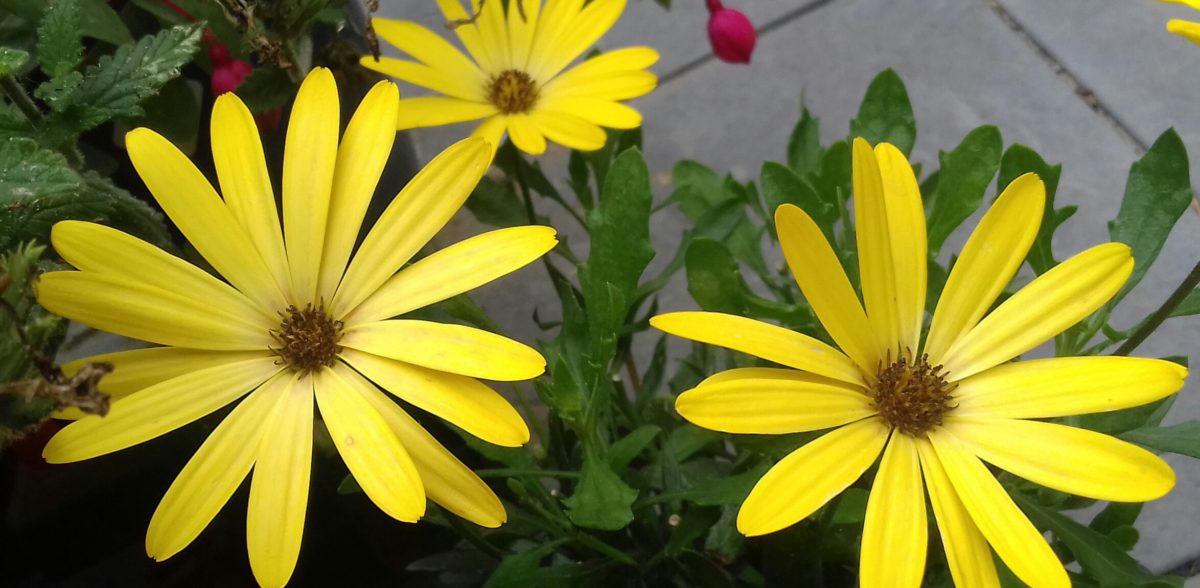As humans we don’t tend to like or therefore be good at sitting in situations that evoke a sense of not knowing. We don’t like to ‘not know’ and we do like to know.
There are different types of knowing including practical and psychological.
We need to know practical facts that allow us to prepare and plan accordingly especially for changes. The chaos around incorrect information and signage for our road closures being a case in point. Thanks go to Jodie Chillery for working so hard to correct and ensure learning is made to prevent future re-occurrences.
When it comes to psychological knowing, there may not be such a clear distinction between correct and incorrect, concrete facts.
To continue engaging fully with life, the need to take the sort of risk that precedes trying anything new, will arise over and over. It is an invitation to step beyond what we know to what we do not, to gain a new knowing.
This could be with employment, house/area moves, relationships, new skills/ventures, membership of any organisation etc. Basically, any type of change that requires us to do our research as far as we are able then to take the leap from what we have known into what we do not. In doing so we hope that we will discover something new if only that we do not like the new thing and need to incorporate this new knowing into further steps/changes!
To avoid any kind of change or new venture or experience of not knowing is to avoid staying alive and open to trying, growing and learning.
Sometimes if we have a particularly difficult time with not knowing how something will work out, we may cling to certainties to avoid this discomfort.
At times we have a clear yes to something whereas at other times, we have a clear no. Whether we speak these or stand by them in actions is another story!
However, mostly we do not and cannot have such definitive answers and therefore we will find ourselves in the middle position some place between ‘yes’ or ‘no’, known as ‘I don’t know’, or ‘not knowing’. No one can know before starting a new job or moving to a new area or any other type of life new-ness, exactly what the new experience will be look or feel like. We don’t get that kind of certainty ahead of leaving the current certainty. Therin lays the risk of letting go of the old, known and familiar to step in to the new, unknown and unfamiliar. The presence of trust is what enables us to take the step between knowing and not knowing. It allows us to resist the temptation to shut down anything new without allowing it the time or space to reveal whether it is a fit for us.
The place of ‘not knowing’ is an unavoidable step on the path towards new knowing. I am not talking of an intellect only, read in a book, ‘knowing’, but an embodied level of knowing.
We do not learn to dance by only reading theories about it or watching others dance. This type of learning can only take us so far. We learn to dance by getting into our own body, reading the rhythm and learning to relax out of over thinking and in to letting our body’s move spontaneously. When we make a wrong move or step, it teaches us what not to do.
It is no different with the dance of life. If we cling to the side of known certainties, we may hold on to our sense of safety and comfort. But we lose the chance to learn something new.
If we can tolerate what we do not know, we can allow the time and space required for our ‘not knowing’ to become a new knowing. In the space that trust allows, a new level of knowing will emerge.
As with most of the complexities around being human, sometimes we need to move beyond the head’s compulsion to comprehend or figure or fathom things. We need to get inside these body’s of knowledge which will gift us with their wisdom, in its own timing.
Trust is the key to moving towards a new knowing.
I am taking some time out so my next post will be on August 28th.
